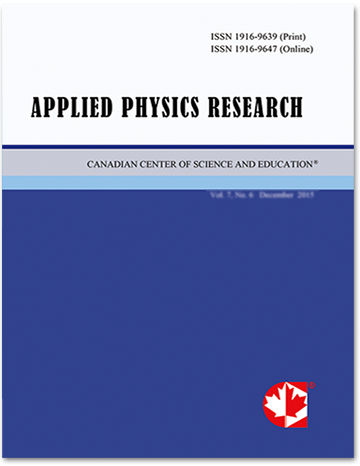Negotiating Darwin's Barrier: Evolution Limits Our View of Reality, AI Breaks Through
- Gideon Samid
Abstract
Physics is imagined in the human brain which was formed in Darwin's Evolution by responding to certain threats for the survival of our evolutionary ancestors. The struggle to survive prevented us from wasting resources by paying attention to parts of reality that had no survival impact. These parts are of unknown scope and dimension. Can we negotiate this Darwin's barrier? As to reality within our reach, we suffer from imbalance between information absorption capacity and information analysis capacity which resulted in ignoring the overflow of information to match human capacity to make sense of it. Also James Clerk Maxwell suggested that reality has small scale phenomena beyond our human reach. Since we have no brain other than what Darwin equipped us with, this barrier looked unsurmountable. But lo and behold: much as we have built vehicles to carry us further than our biological legs, so we now build artificial intelligence machines that carry us beyond our Darwinist barrier. Physics may transform to building AI capability to ride on. This capability may require a more universal geometry and material representation to fit AI inference engines. Suggesting Depth Unbound Reality Architecture (DURA). AI connects raw data to its conclusion potential, by-passing a storied theory of nature. The objective of physics ahead may be to build theory-replacement AI machines.
- Full Text:
 PDF
PDF
- DOI:10.5539/apr.v17n2p102
Journal Metrics
Google-based Impact Factor (2017): 3.90
h-index (November 2017): 17
i10-index (November 2017): 33
h5-index (November 2017): 12
h5-median (November 2017): 19
Index
- Bibliography and Index of Geology
- Civil Engineering Abstracts
- CNKI Scholar
- CrossRef
- EBSCOhost
- Excellence in Research for Australia (ERA)
- Google Scholar
- Infotrieve
- LOCKSS
- NewJour
- Open J-Gate
- PKP Open Archives Harvester
- SHERPA/RoMEO
- Standard Periodical Directory
- Ulrich's
- Universe Digital Library
- WorldCat
Contact
- William ChenEditorial Assistant
- apr@ccsenet.org
